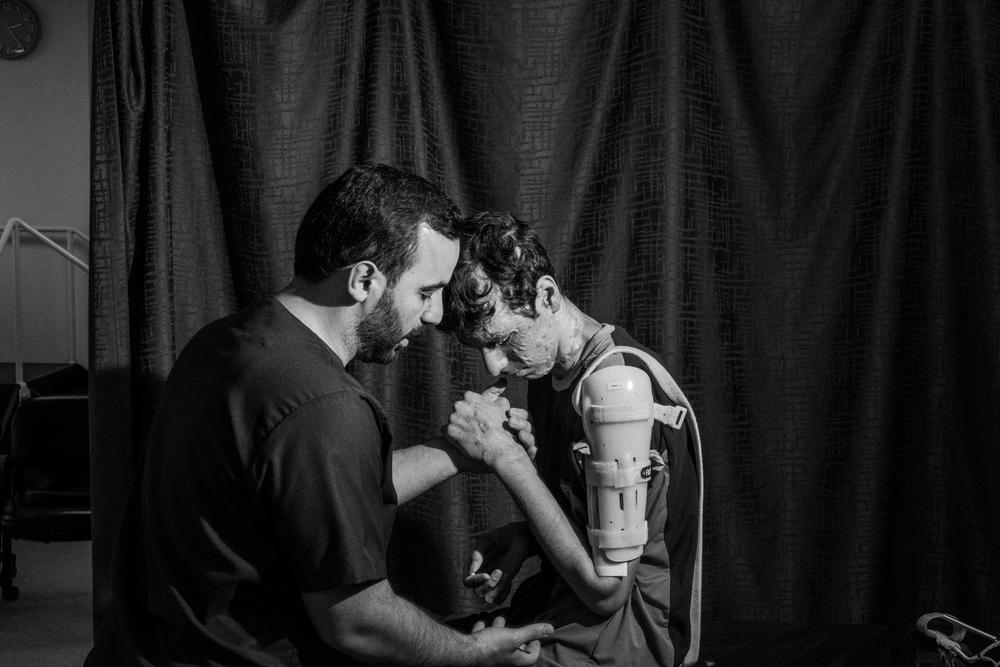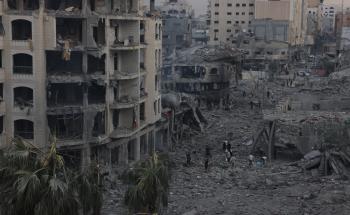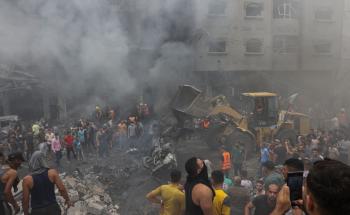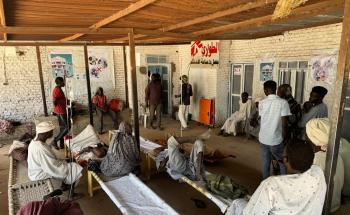Foreword
In 2024, Doctors Without Borders (MSF) provided medical care in over 75 countries, made possible by the collective actions of people standing up for dignity and humanity. From operating theatres in the Democratic Republic of Congo to community nutrition sessions in Nigeria and public advocacy in South Africa, these efforts were only possible because people came together in solidarity.
At the same time, MSF teams witnessed grave violations of international humanitarian law (IHL), particularly in conflicts such as Sudan and Palestine. In both contexts, civilians faced relentless attacks, blockades, starved children, hospitals came under fire, and entire communities were bombed. Far from being upheld, IHL was often ignored by warring parties and their supporters, reflecting a disturbing global trend of apathy towards the rules meant to protect human life in times of war.
2024 in review
In 2024, Doctors Without Borders (MSF) continued to respond to urgent humanitarian needs in more than 75 countries, where millions of people were affected by conflict, disease outbreaks, natural disasters, and exclusion from healthcare. Around 69,500 MSF staff provided medical care in some of the most difficult and dangerous contexts.
One of the most devastating crises was the ongoing war in Gaza, following the October 2023 attacks by Hamas. The Israeli military launched a relentless campaign of airstrikes and ground incursions, destroying entire neighbourhoods and placing immense strain on civilians and medical services. The conflict also triggered instability in other parts of the Middle East, including Lebanon and Yemen.
In Sudan, the civil war between the Sudanese Armed Forces and the Rapid Support Forces entered its second year, severely impacting civilians and complicating the humanitarian response due to insecurity and bureaucratic barriers. In Haiti, armed violence and the near-total collapse of the healthcare system in Port-au-Prince made it one of the most dangerous places for MSF teams to work.



